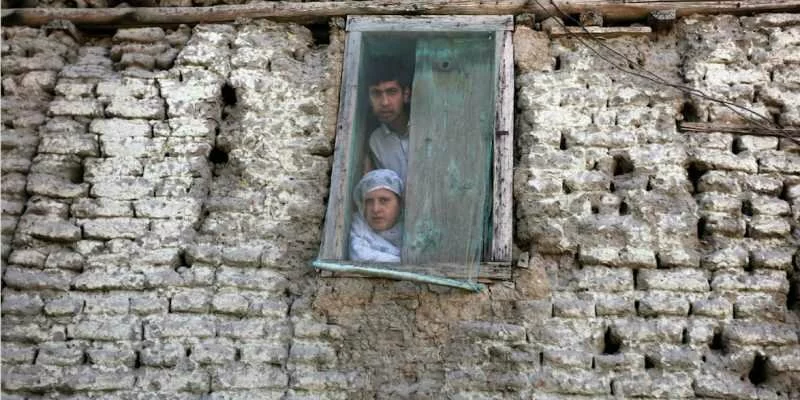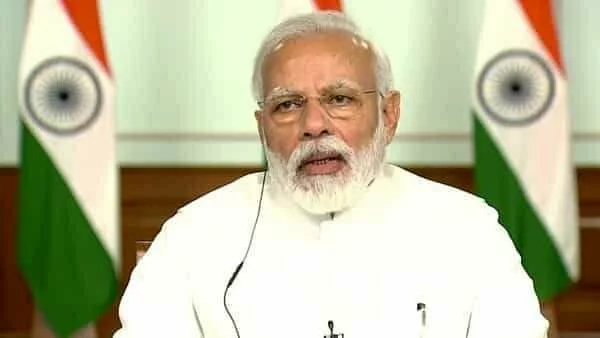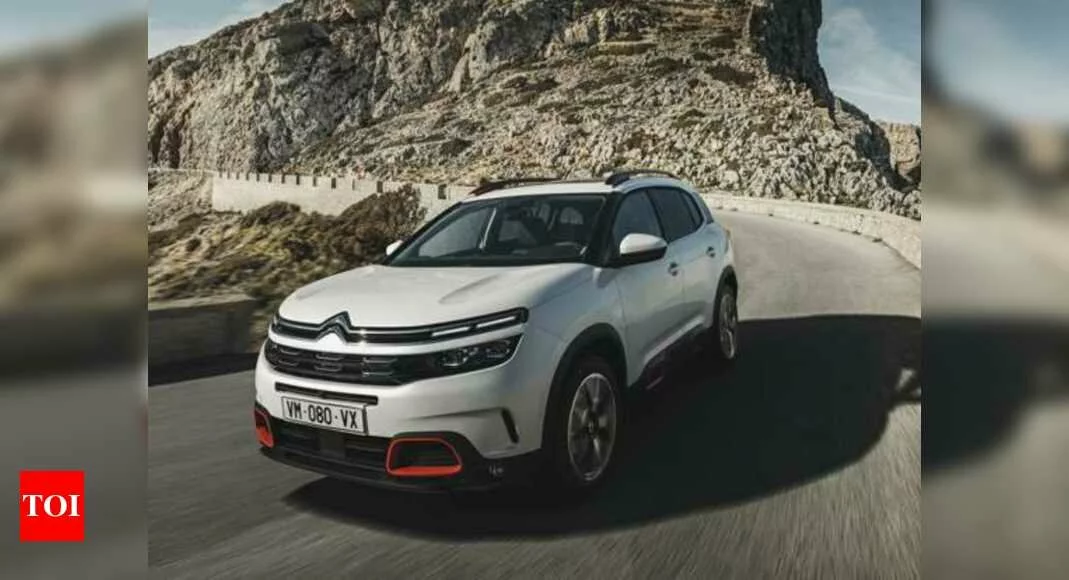
Distrust, Discontent and Alienation: Kashmir During the Modi Years
- 2019-04-04 07:00
- By thewire.in
They had fond memories of the first BJP prime minister, Atal Behari Vajpayee, who in 2003 had become the first PM to hold a public meeting in the Valley for almost two decades, where he spoke movingly about the sufferings of the people, and promised to search for a peaceful solution ‘within the bounds of humanity’ (rather than merely within the parameters of the Indian constitution). As I have noted, on his visits to the Valley in October and December 2014, Prime Minister Narendra Modi had promised a substantial package to allow homes, offices and roads to be rebuilt. Visiting the library before my talk, I saw that on the notice board someone had posted a piece of paper with these words, set in bold and large type: WHY NOT AN IIT, IIM, OR AIIMS FOR KASHMIR TOO? There is another group, usually (but not always) composed of middle-aged Kashmiris, who do not mind being part of India, but only on terms that respect the cultural distinctiveness of the Valley and which safeguard and even enhance its political autonomy. On my visit to Srinagar, I spent an evening with the staff of the Rising Kashmir newspaper, at the invitation of its remarkable editor, Shujaat Bukhari (who was tragically killed by unknown assassins in June 2018). There was then, a window slightly ajar in Kashmir; and I left hoping that a wise and far-seeing government in New Delhi would prise it open further, and let the winds of peace and reconciliation blow freely over the Valley. This crude stereotyping prompted a public response by Shah Faesal , where he worried that the government he served ‘had outsourced, or rather abdicated, communications to TV channels, which are only interested in provoking and alienating.’ The Indian state, he continued, ‘can’t afford to leave the Kashmir project to intellectual renegades, political turncoats, opportunists, intelligence agencies, and most importantly, to self-appointed vigilantes of the national interest.’ He warned that ‘every hour of prime time TV news aggression pushes Kashmir a mile westward from India.’ Videos of these killings circulated on social media, and were watched with horror in the Valley, providing a handle to extremists to argue that since Muslims were manifestly not safe in India, how could Kashmiris believe assurances from New Delhi that they were equal citizens of the republic? Only slightly less insensitive than Vinay Sahasrabuddhe’s statement was that made by the BJP-aligned writer and Rajya Sabha MP, Swapan Dasgupta, who said of the repression then underway in Kashmir that ‘harshness is only to facilitate a process of greater love’. In any case, to talk of harshness having to necessarily precede love befit an old-style schoolmaster or colonial official scolding his wards, not a Member of Parliament in the ‘world’s largest democracy’.

India, Afghanistan stand together against coronavirus: Modi

Covid-19 is under control, don''t fear hidden spike in cases: Govt

ET Now Webinar: Future of Jobs in India post COVID-19 | Job layoffs India
